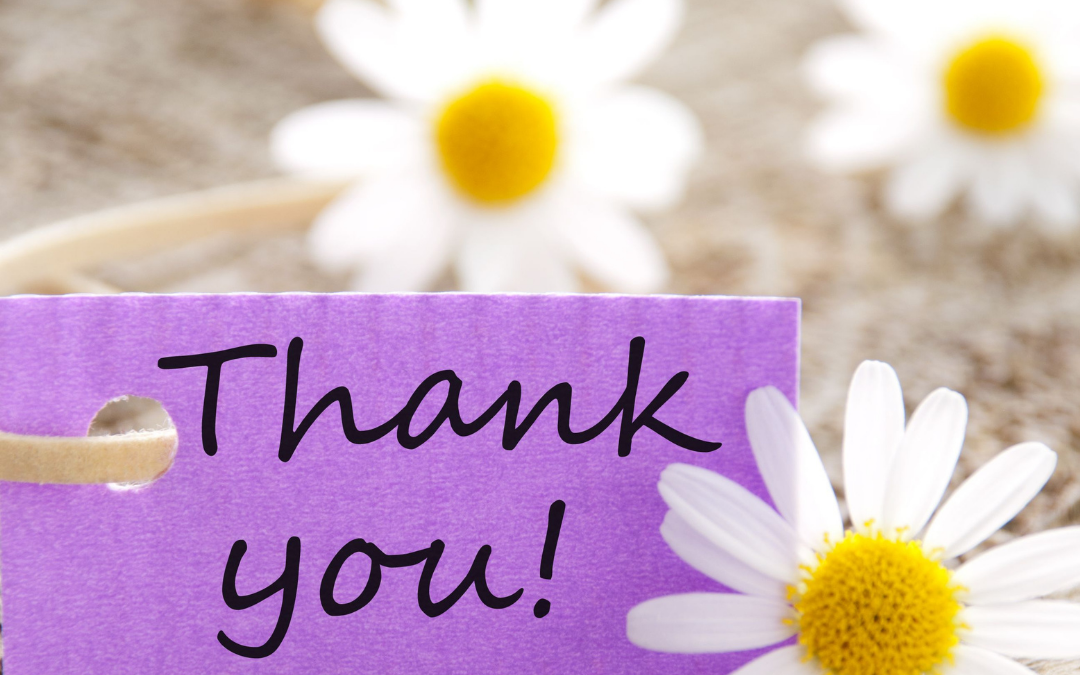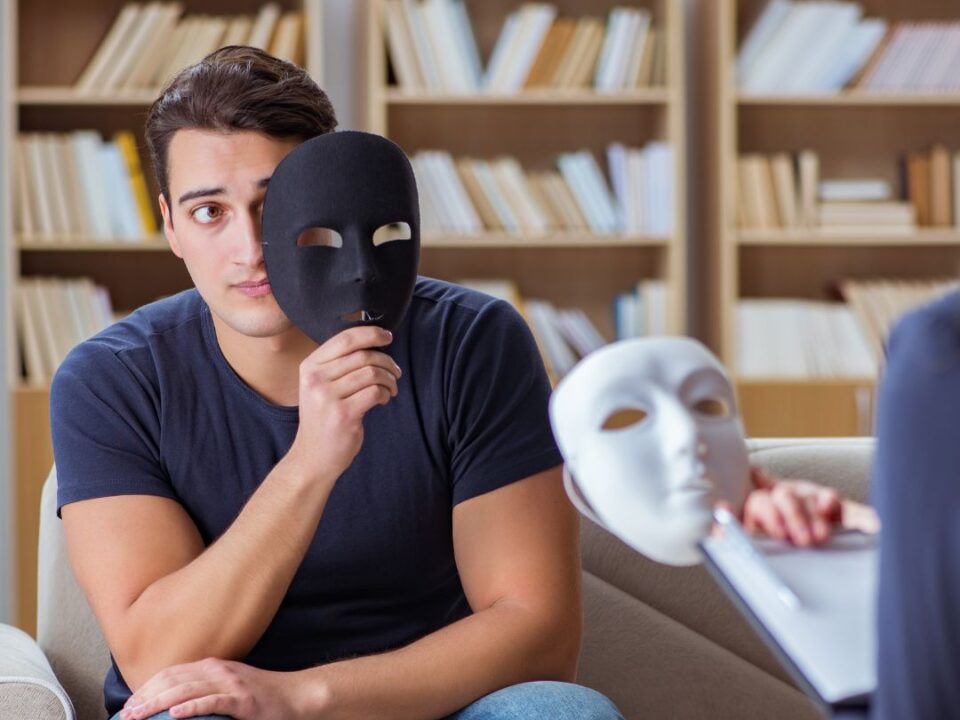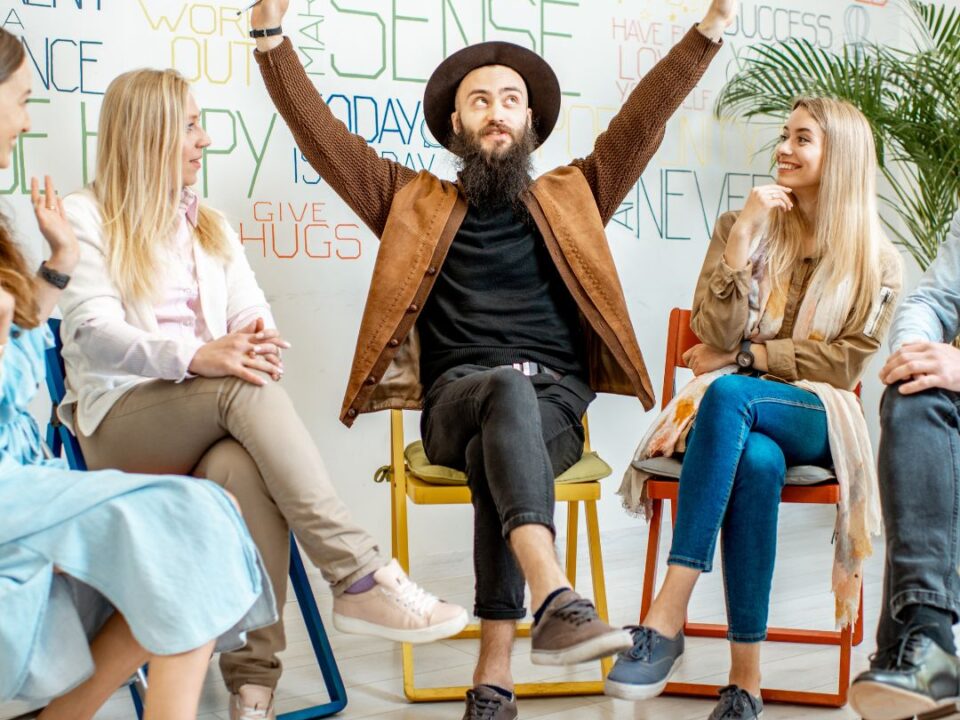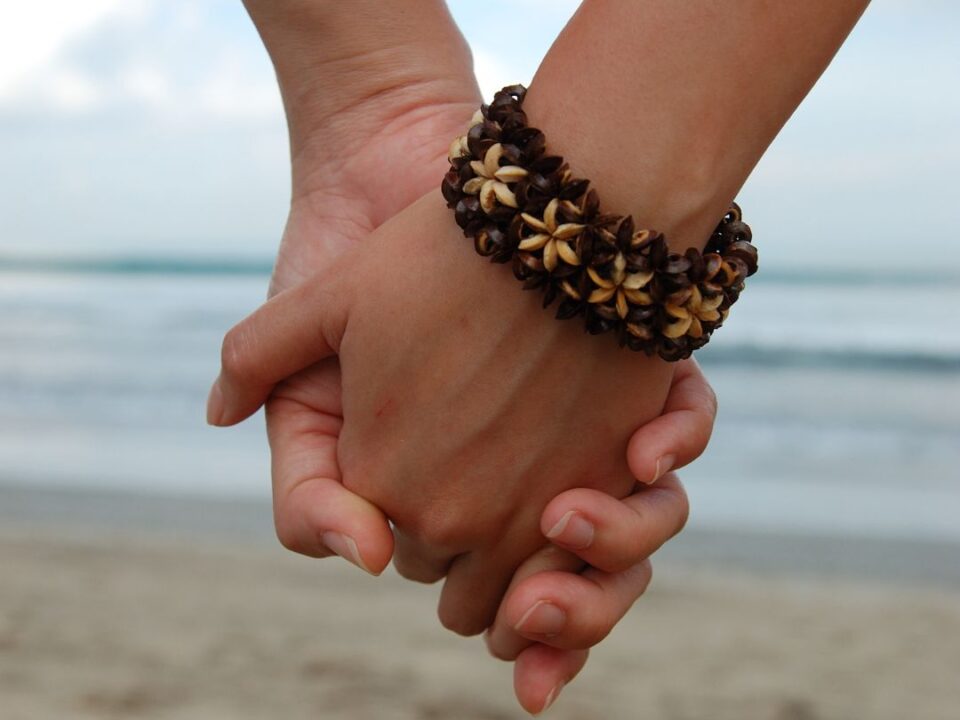
I’ve been reflecting a great deal on how the pandemic is impacting society.
When I’m out for a walk with Olive, I’ve noticed that people don’t regularly make much eye contact or easily say hello to one another anymore. While we’ve conformed to the practice of social distancing, our new behaviour seems to have eroded the pre-COVID social etiquette we knew as community kindness. Stepping to the other side of the street and looking off to the distance doesn’t feel like a welcoming neighbourly greeting.
Now, don’t get me wrong, not everyone behaves in this apparent antisocial manner, but there is enough of a trend that I’ve found it alarming. This shift in behaviour got me thinking about how we communicate both verbally and non-verbally during these strange times.
As a turnabout response, I would love to see that all this social distancing makes us overcompensate with actioned expressions of gratitude and appreciation.
Laura Trice’s TED Talk
I invite you to watch a three-minute TED Talk by Laura Trice.
You can access the TED Talk here. When you’re done, who might you reach out to and thank? Consider this — expressing gratitude just might make you feel good too.
Trice shares insightful and personal observations about why we don’t say thanks and the role shyness and embarrassment play in our reluctance to express thanks or ask for it. Trice states that world peace starts in each household and each giver and receiver has a role to play.
In each household
What does that mean? When you are able to express what you need in terms of appreciation, you help the receiver know you better. Yes, it might cause you to feel more vulnerable and the receiver will have data about you, but it is important to express what we need and why we need it especially so we don’t feel unappreciated or demeaned.
The Power of Thanks
- If a person isn’t thanked it could make them feel as if their gift or act of kindness wasn’t valued.
- By demeaning the gift, we demean the giver too.
- When we say thank you, we acknowledge that the giver had a choice. They chose to give you a gift, or give of their time, or make an effort in some way that was meant to be kind or helpful.
- By saying thank you, we show respect to the giver and make them feel valued and appreciated.
- We recognize the relationship with the giver.
- It is just good manners.
- Being grateful is good for our health. It can strengthen social relationships and help us cope with stressful times (Grant, & Gino, 2010, Froh & Geraghty, 2010).
Well, we certainty have had our share of stressful times in the last year, haven’t we?
Here’s what else I’ve learned, saying thank you could represent someone’s love language. Read this post to learn more about the five love languages and ways to show appreciation.
Ways to express thanks
Not sure how to approach your thank you? Consider the following methods.
- Send an e-mail and let the person know how much you appreciated their actions and what it specifically meant to you and why.
- Prepare a hand-written note or letter and mail it the old-fashioned way.
- Call the person on the phone. Landline or cell. It works.
- FaceTime, Zoom, Skype or meet with them virtually to say thanks
In the words of G.B. Stern, “Silent gratitude isn’t much use to anyone.”
Thank you for reading this post.



